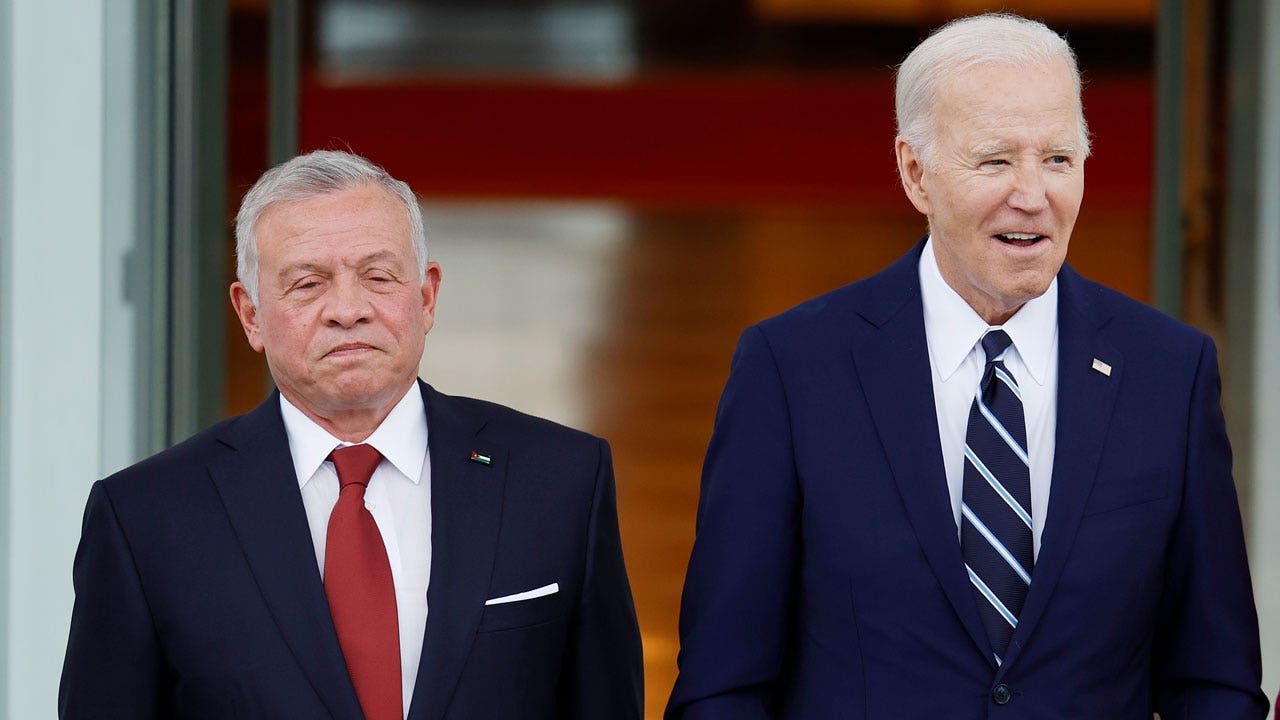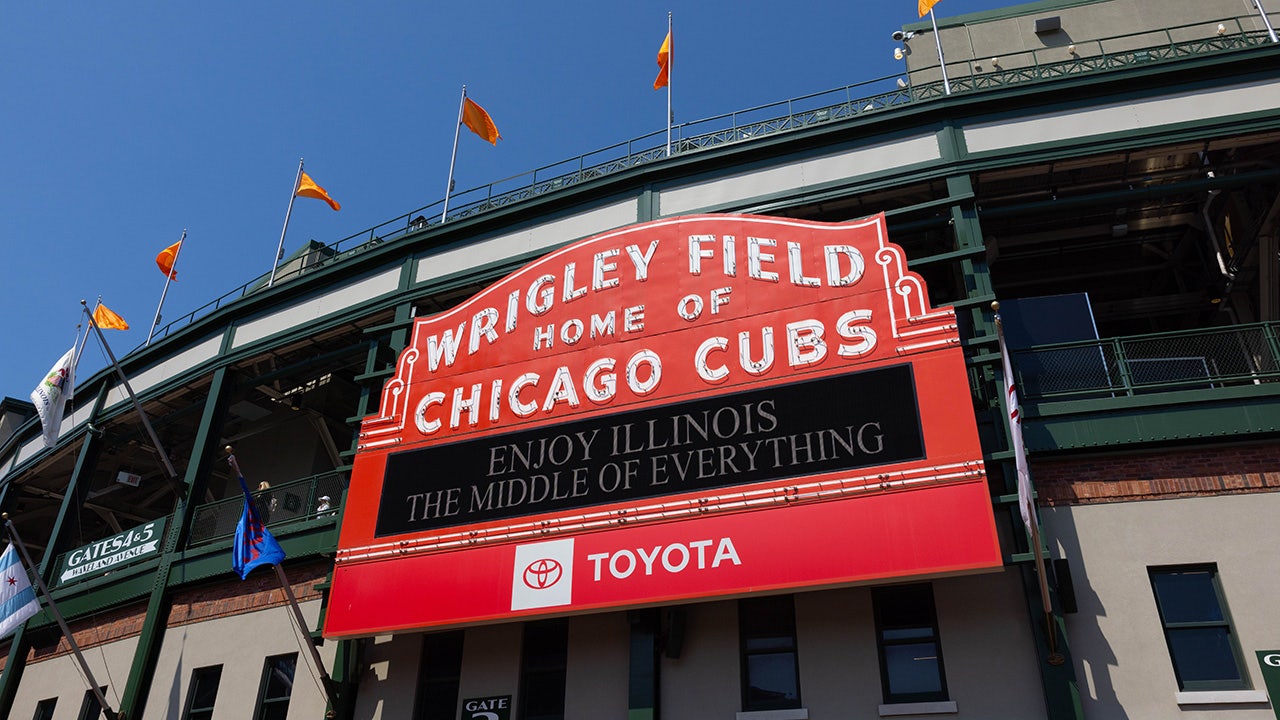Much of the world has decided that most young children do not need to receive Covid booster shots. It’s true in Britain, France, Japan and Australia.
Some countries, like India, have gone further. They say that otherwise healthy children do not need even an initial Covid vaccination. In Germany, public health experts don’t recommend vaccines for any children, including teenagers, unless they have a medical condition.
Scientists in these countries understand that Covid vaccines are highly effective. But the experts have concluded that the benefits for children often fail to outweigh the costs.
The benefits are modest because children are extremely unlikely to become seriously ill from Covid and are less likely to transmit the virus than an adult is. The costs include the financial price of mass vaccination, the possibility that a shot’s side effects will make a child sick enough to miss school, the tiny chance of more serious side effects and the inherent uncertainty about long-term effects.
The U.S. — as American readers have probably realized by this point in the newsletter — is a global outlier. The C.D.C. urges booster shots for all children six months and older.
Yet the recommendation has failed to accomplish much. Instead, most American parents have chosen to overrule the C.D.C. Only about 40 percent of children under 12 have been vaccinated against Covid, and only about 5 percent are up to date on their boosters.
This situation makes for a case study of the shortcomings in U.S. Covid policy: A strict approach to a nuanced issue has backfired, fostering skepticism of scientific expertise while doing little to improve public health. Dr. Francis Collins, the retired head of the National Institutes of Health, acknowledged the larger problem last year when he said that experts erred during the pandemic by taking a “very narrow view of what the right decision is.”
Monthslong school closures that harmed student learning were one example. Extended mask mandates that many people ignored were another. A continuing C.D.C. recommendation that conflicts with international practice — and that most Americans have dismissed — has become yet another.
What’s reasonable?
Dr. Sandro Galea, the dean of the Boston University School of Public Health, recently published a book making a detailed version of this argument. The book is titled, “Within Reason.” During the pandemic, as Galea told me, health experts sometimes adopted “an illiberal ideology.” This ideology imagined people as robots who existed merely to minimize the chances of contracting a virus.
In reality, as Galea pointed out, society regularly decides that some amount of additional safety isn’t worth it. Car drivers and passengers would be safer if they wore helmets, for instance, but who wears a helmet in a car?
In the case of Covid, there are indeed benefits to giving booster shots to children. Some of the benefits are probably greater for American children, too. They are more likely to be obese or lack health insurance than children elsewhere. “Even though kids are at a lower risk, they are not at zero risk,” Dr. Nirav Shah, the C.D.C.’s principal deputy director, told me when defending the booster recommendation.
But there are also downsides to urging health measures that most people oppose, Galea notes. Only when the benefits of doing so are large (as was the case with perceptions of smoking in the 20th century) should experts try to change people’s minds.
The scientific data — and the expert consensus in other countries — make it hard to argue that the benefits of boosting children are large. “I don’t think in the U.S.A. they have got the risk-benefit equation correct for children,” Dr. Peter Collignon of the Australian National University told me.
(C.D.C. data shows that the children at highest Covid risk are newborns, who aren’t eligible for vaccines even in the U.S. They can instead benefit from a mother’s prenatal vaccination.)
The value of candor
Galea believes that the biggest drawback to the U.S. booster policy may be its effect on the C.D.C.’s credibility. When people who are already skeptical of expert advice, as many Americans are, see the C.D.C. insisting on a vaccine with a marginal benefit, they have more reason to question other C.D.C. guidance — such as the urgent importance of childhood vaccines against measles and diphtheria.
“There is a real cost to our not being honest,” Galea said.
When I’ve asked public health experts off the record what they are doing with their own children, they tend to be honest. Almost all have vaccinated their children, for the sake of both those children and other people. At the same time, some experts told me that they had not boosted their children.
Why? The benefits seem small, for everybody. The costs — like a child’s fear of needles or a missed day of school from side effects — also seem small. With such a close call, reasonable parents will make different decisions, and that’s OK.
Maybe the C.D.C. would have a bigger impact if it conveyed a similarly candid message.
Lauren Jackson contributed reporting.
THE LATEST NEWS
Trump Trials
Fat Tuesday: Just outside New Orleans, a tire shop parking lot has been transformed into a bustling destination for king cakes, the traditional Mardi Gras treat. A drive-through shop there offers cakes from more than a dozen bakeries, ranging from the traditional to the experimental — some filled with strawberries, ice cream, even crawfish. During this year’s king cake season, there was often a line of cars waiting for the shop to open at 7 a.m.






